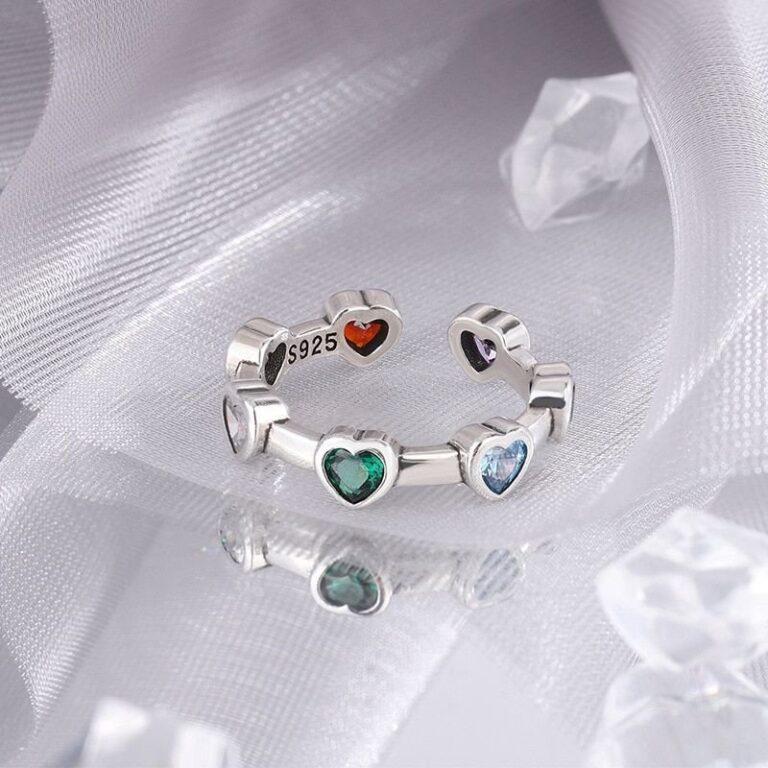The Meaning of the Word: Love
Love is a word that transcends languages, cultures, and generations. It is a powerful force that has inspired countless poems, songs, and stories throughout human history. But what does the word “love” truly mean? In this blog post, we’ll explore the multifaceted concept of love, its origins, types, and how it shapes our lives.
Origins of the Word “Love”
The word “love” has roots in various ancient languages. In Old English, the word lufu was used, derived from the Proto-Germanic lubō, which referred to affection and desire. Latin offers us the term amor, which heavily influenced Romance languages, while Greek provides agape, eros, philia, and storge, each defining a distinct type of love.
Understanding these linguistic origins reveals how love is both universal and deeply personal—a concept that evolves with culture and time.
Types of Love
Not all love is the same. Throughout history, philosophers and psychologists have categorized love into various types. Here are four primary forms:
- Romantic Love
Often the subject of movies and novels, romantic love involves deep emotional and physical attraction. It’s the passion that ignites relationships and keeps them alive. - Familial Love
Known as storge in Greek, this is the unconditional love shared between parents, children, and siblings. It forms the foundation of familial bonds and provides a sense of belonging. - Friendship Love
Friendship, or philia, is the love we feel for close friends. It’s built on trust, mutual respect, and shared experiences, forming an essential part of a fulfilling life. - Unconditional Love
The most selfless form of love, agape, represents unconditional care and compassion for others. It is often associated with altruism and spiritual beliefs.
Love in Different Cultures
The way love is expressed and understood varies across cultures. In Western societies, romantic love often takes center stage, celebrated in grand gestures like Valentine’s Day. In contrast, many Eastern cultures emphasize familial and communal love, where relationships are rooted in duty and mutual support.
For example:
- In Japan, amae describes the deep dependence on others’ love and care, often within familial relationships.
- In India, love is celebrated in myriad ways, from the devotion depicted in Bollywood films to the enduring loyalty found in arranged marriages.
Exploring cultural differences allows us to appreciate the diversity of how love shapes human connection.
The Science Behind Love
Love isn’t just an abstract concept; it’s deeply rooted in biology. When you experience love, your brain releases chemicals like dopamine, oxytocin, and serotonin, which create feelings of happiness and bonding. These chemicals explain the physical symptoms of love, such as a racing heart and butterflies in the stomach.
Modern psychology has also shed light on love through the triangular theory by Robert Sternberg, which identifies three components of love:
- Intimacy: Emotional closeness.
- Passion: Physical attraction.
- Commitment: The decision to maintain a relationship.
Healthy relationships often involve a balance of these elements, forming what Sternberg calls “consummate love.”
Why Love Matters
Love is essential for human well-being. It fosters connection, promotes emotional and physical health, and gives life meaning. Studies have shown that people in loving relationships tend to live longer, experience lower stress levels, and recover more quickly from illness.
Beyond individual benefits, love has the power to unite communities, inspire movements, and create positive change in the world. From acts of kindness to movements for social justice, love motivates us to care for others and build a better future.
How to Cultivate Love in Your Life
Whether you’re seeking love or looking to strengthen existing relationships, there are ways to bring more love into your life:
- Practice Self-Love
Loving yourself is the foundation for loving others. Treat yourself with kindness, embrace your imperfections, and prioritize self-care. - Show Gratitude
Expressing appreciation strengthens bonds and deepens connections with those you care about. - Communicate Openly
Honest and empathetic communication is key to any loving relationship. Share your feelings and listen without judgment. - Give Back
Acts of service, whether volunteering or helping a friend in need, cultivate a sense of love and community.
Final Thoughts
The word “love” encompasses a wide range of emotions, experiences, and connections. It’s a universal language that binds us together, reminding us of our shared humanity. Whether it’s romantic, platonic, familial, or unconditional, love is a vital force that enriches our lives and shapes the world around us.
Embrace love in all its forms, and you’ll discover its profound ability to transform your life. By exploring the many dimensions of love, we not only understand its meaning but also learn how to nurture it in our daily lives. Let this be a reminder: love is not just a word – it’s a way of being.






